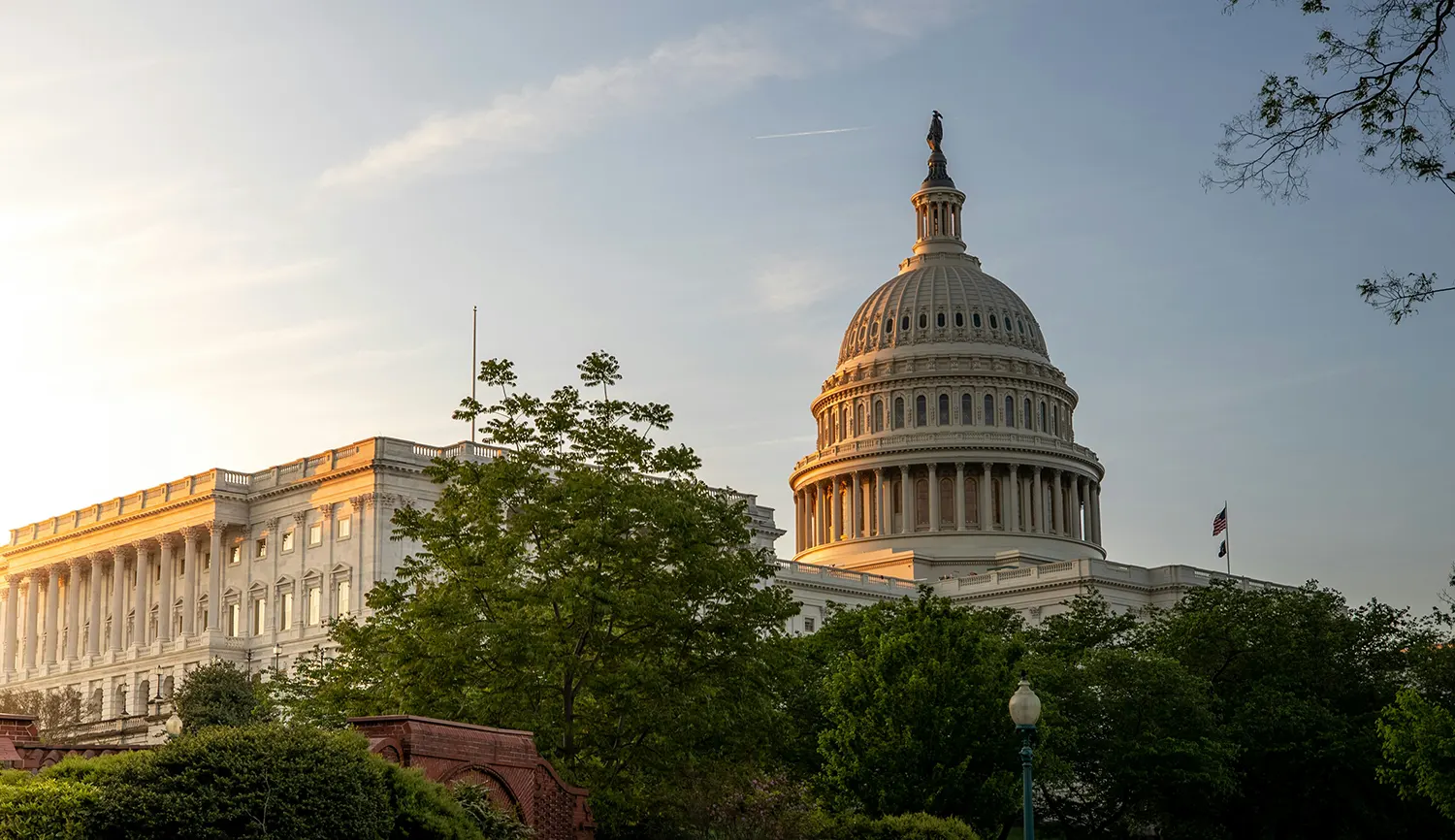DOJ’s New Pilot Program for Individual Voluntary Self-Disclosures: A Strategic Shift for the Payment Industry
- May 21, 2024
The Department of Justice (DOJ) has recently unveiled a groundbreaking initiative that could significantly alter the legal landscape for professionals within the payment industry. This pilot program, designed to incentivize individual voluntary self-disclosures of wrongdoing, marks a pivotal shift in the DOJ’s approach towards enforcement and compliance. For lawyers and stakeholders in the payment sector, understanding the nuances of this program is essential for navigating potential legal challenges and leveraging opportunities for clients.
Understanding the Pilot Program
At its core, the DOJ’s pilot program encourages individuals to voluntarily disclose their involvement in or knowledge of corporate wrongdoing. By coming forward, individuals can potentially benefit from reduced penalties and, in some cases, may avoid prosecution altogether. This initiative reflects a broader strategy to enhance transparency and accountability within the corporate sphere, particularly in industries characterized by complex regulatory environments like payments.
Key Features of the Program
Eligibility and Scope: The program is designed for individuals, not corporations, highlighting a significant shift towards holding specific actors accountable.
Incentives for Disclosure: Reduced penalties and the potential for avoiding prosecution underscore the DOJ’s commitment to encouraging voluntary compliance and self-policing within industries.
Comprehensive Disclosure: To qualify, individuals must provide full disclosure of their knowledge and involvement, including any evidence or documentation that could support the DOJ’s investigation efforts.
Implications for the Payment Industry
The payment industry, known for its intricate regulatory requirements and high stakes, stands at a crossroads with the introduction of this pilot program. Lawyers and compliance officers must now recalibrate their strategies to account for this new variable in the legal equation.
Strategic Considerations for Legal Professionals
- Proactive Compliance: Legal advisors must emphasize the importance of proactive compliance measures to their clients, underscoring the benefits of voluntary disclosure and cooperation with regulatory bodies.
- Risk Assessment: Implementing thorough risk assessments and internal audits will become even more critical as individuals gain incentives to disclose potential misconduct.
- Client Counseling: Lawyers will need to carefully guide their clients through the decision-making process related to self-disclosure, balancing legal risks against potential benefits under the DOJ’s program.
Navigating Challenges and Opportunities
While the DOJ’s pilot program offers a promising avenue for individuals to mitigate legal risks, it also introduces a layer of complexity to the compliance landscape. Legal advisors must remain vigilant, keeping abreast of developments and interpreting how these changes impact their practice and the advice they provide to clients in the payment industry.
Educating and Empowering Clients
Education will play a crucial role in empowering clients to make informed decisions. Lawyers must ensure their clients understand the implications of the pilot program, guiding them through the intricacies of voluntary disclosure and the potential outcomes of their actions.
Leveraging Legal Expertise
The success of the DOJ’s initiative will largely depend on the legal community’s ability to adapt and provide strategic counsel based on a deep understanding of the program’s objectives and criteria. By leveraging their expertise, lawyers can play a pivotal role in shaping the future of compliance and enforcement in the payment industry.
Conclusion
The DOJ’s pilot program for individual voluntary self-disclosures represents a significant development for legal professionals and stakeholders in the payment industry. By carefully navigating the challenges and opportunities presented by this initiative, lawyers can enhance their practice, better serve their clients, and contribute to a culture of integrity and accountability in the corporate world.
Just as Global Legal Law Firm has a profound understanding of the intricate realm of electronic payment processing and its associated regulations, we have delved deep into the complexities of the financial world and the potential risks involved, especially in the context of payment processing. Our mission mirrors our approach to electronic payment processing litigation: to provide invaluable insights and expert guidance. In a financial industry navigating the uncharted waters of Payment Processors, our seasoned experts stand ready to support you. Rather than venturing into this evolving landscape alone, trust in our expertise to be your guiding light. Our commitment is to ensure that you remain up to date in this dynamic environment, securing your interests at every turn.
Recommended Posts
-

The Importance of Reviewing NDAs in the Electronic Payments Industry
Non-Disclosure Agreements (NDAs) are crucial legal contracts designed to protect sensitive...
Read More -

How a Severance Agreement Attorney Can Protect Your Rights
Ensuring Fair Compensation and Legal Compliance in Employment Separation Navigating...
Read More -

The Role of General Counsel in Payment Industry Compliance
Overview of the Payment Industry The payment industry has experienced exponential growth and transformation...
Read More
